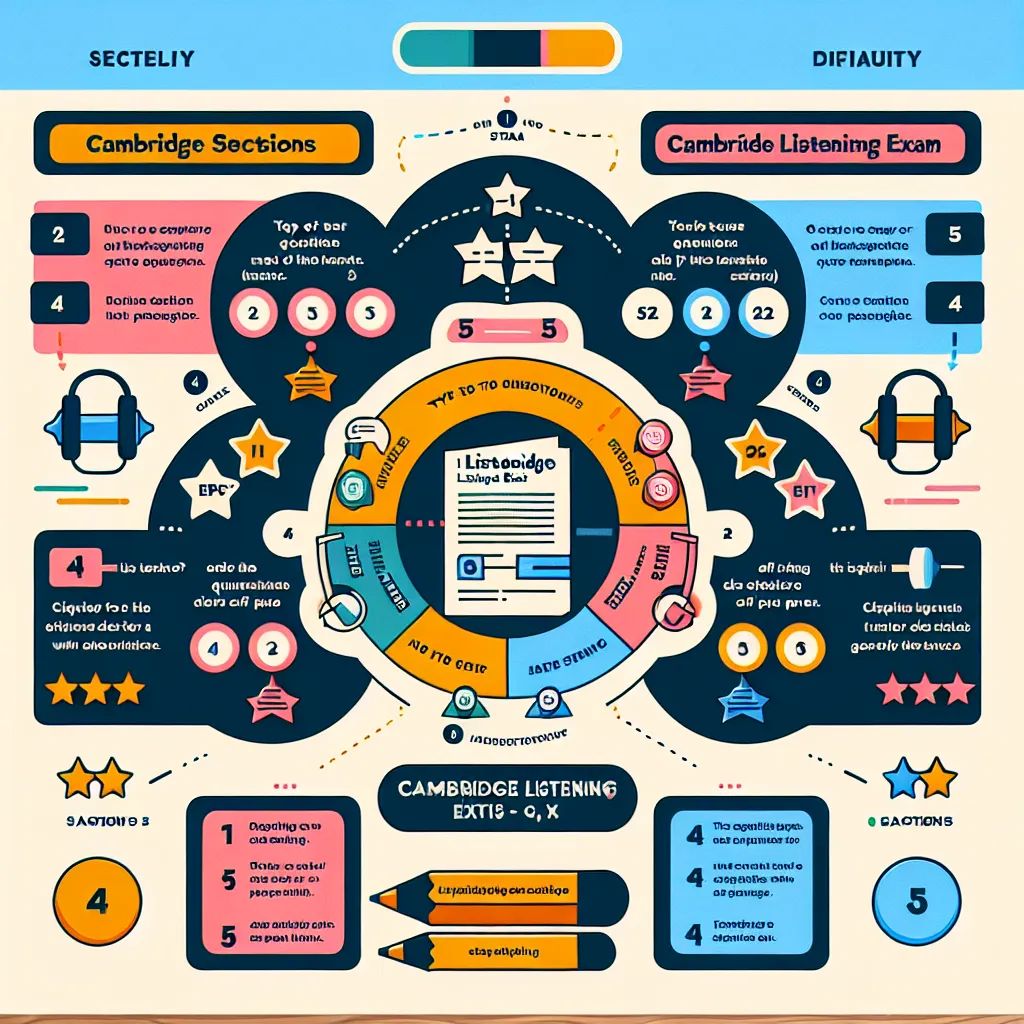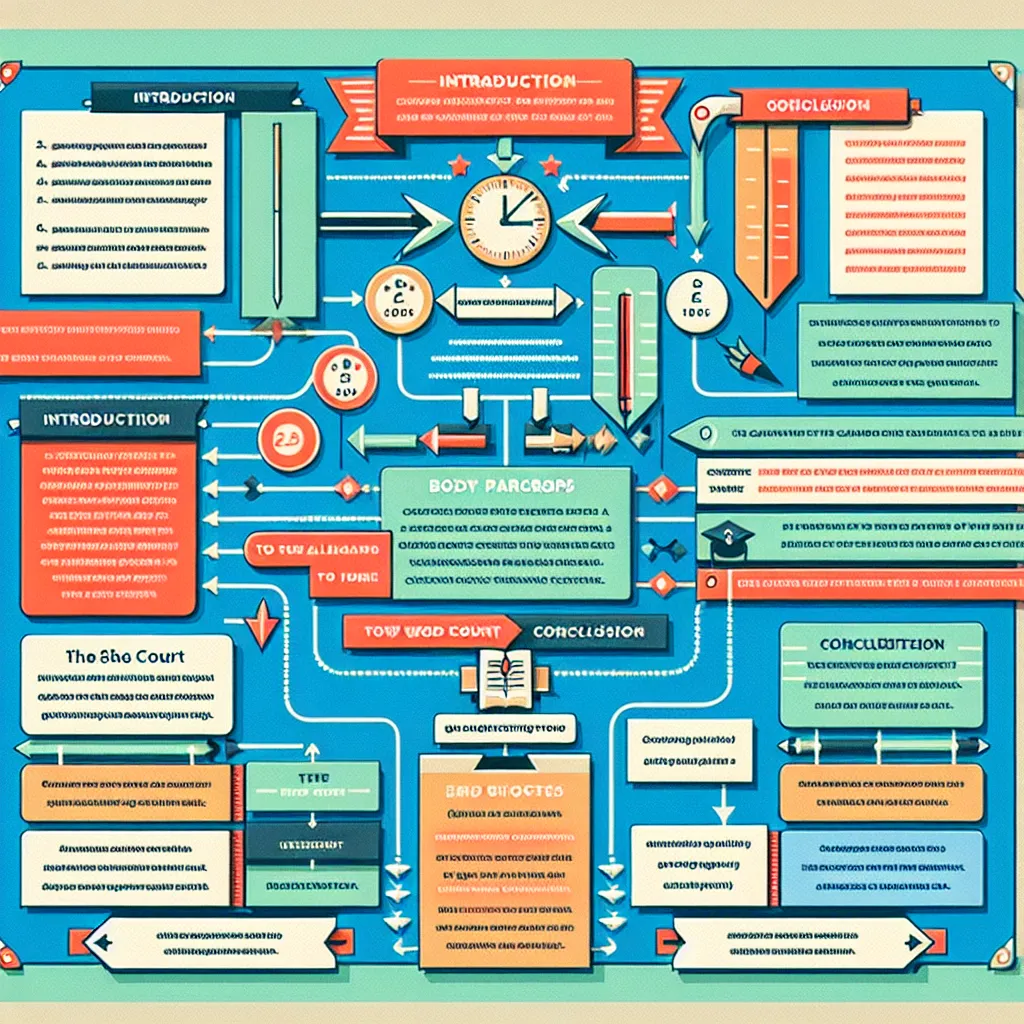Are you preparing for a Cambridge exam and feeling anxious about the reading section? You’re not alone. Many students find the Cambridge reading tests challenging, but with the right strategies, you can navigate through them successfully. In this comprehensive guide, we’ll explore how to avoid common traps in Cambridge reading tests, helping you boost your confidence and improve your scores.
Understanding the Cambridge Reading Test
Before diving into specific strategies, it’s crucial to understand the structure and purpose of the Cambridge reading test. These tests are designed to assess your ability to comprehend and interpret written English in various contexts.
Types of Cambridge Reading Tests
Different Cambridge exams have slightly different reading test formats:
- Cambridge English: First (FCE)
- Cambridge English: Advanced (CAE)
- Cambridge English: Proficiency (CPE)
- IELTS Academic
Each test includes a range of text types and question formats, but they all aim to evaluate your reading skills comprehensively.
 Cambridge Reading Test Types
Cambridge Reading Test Types
Common Traps in Cambridge Reading Tests
Now, let’s explore some of the most common traps students fall into during Cambridge reading tests and how to avoid them.
1. Time Management Issues
One of the biggest challenges in Cambridge reading tests is managing your time effectively.
How to avoid this trap:
- Practice with timed mock tests
- Allocate specific time for each section
- Don’t spend too long on any single question
- Use skimming and scanning techniques
2. Misinterpreting Questions
Sometimes, students misunderstand what the question is asking, leading to incorrect answers.
How to avoid this trap:
- Read questions carefully, underlining key words
- Pay attention to negative expressions (e.g., “not,” “except”)
- Look for qualifying words (e.g., “always,” “sometimes”)
- Double-check your understanding before answering
3. Falling for Distractors
Cambridge exams often include distractors – information in the text that seems relevant but doesn’t actually answer the question.
How to avoid this trap:
- Focus on finding the exact information requested
- Be wary of answers that use words from the text but in a different context
- Look for synonyms and paraphrases of key ideas
4. Overlooking Context
Some questions require you to understand the broader context of the passage, not just individual sentences.
How to avoid this trap:
- Read the entire passage before answering questions
- Pay attention to topic sentences and concluding sentences
- Consider the author’s tone and purpose
5. Relying Too Heavily on Background Knowledge
While general knowledge can be helpful, it’s crucial to base your answers on the information provided in the text.
How to avoid this trap:
- Always refer back to the passage for evidence
- Don’t make assumptions based on personal experience
- Be prepared to challenge your preconceptions
 Cambridge Reading Strategies
Cambridge Reading Strategies
Effective Strategies for Cambridge Reading Success
Now that we’ve identified common traps, let’s explore some strategies to help you excel in Cambridge reading tests.
1. Develop Active Reading Skills
Active reading involves engaging with the text more deeply, which can significantly improve your comprehension.
Tips for active reading:
- Predict content from titles and subheadings
- Ask yourself questions as you read
- Make mental summaries of each paragraph
- Visualize concepts when possible
2. Improve Your Vocabulary
A strong vocabulary is crucial for understanding complex texts in Cambridge exams.
Ways to enhance your vocabulary:
- Read widely in English (newspapers, academic journals, literature)
- Keep a vocabulary journal
- Use contextual clues to guess meanings of unfamiliar words
- Study word families and collocations
3. Practice Skimming and Scanning
These techniques can help you locate information quickly and efficiently.
How to skim and scan effectively:
- Read the first and last sentences of each paragraph when skimming
- Use your finger or a pen to guide your eyes when scanning
- Look for keywords related to the question
- Practice with timed exercises to improve speed
4. Analyze Question Types
Familiarize yourself with the various question formats used in Cambridge reading tests.
Common question types:
- Multiple choice
- Matching
- True/False/Not Given
- Sentence completion
- Summary completion
Understanding the requirements of each question type will help you approach them more strategically.
5. Use Process of Elimination
For multiple-choice questions, use the process of elimination to increase your chances of selecting the correct answer.
Steps for elimination:
- Read the question carefully
- Eliminate obviously incorrect options
- Compare remaining options to the text
- Choose the best answer based on evidence
Additional Tips for Cambridge Reading Success
Here are some final tips to help you avoid traps and succeed in your Cambridge reading test:
- Stay calm and focused: Anxiety can cloud your judgment, so practice relaxation techniques.
- Read instructions carefully: Make sure you understand what’s required before starting each section.
- Transfer answers carefully: Double-check that you’ve transferred your answers to the answer sheet correctly.
- Manage your energy: Start with easier questions to build confidence, then tackle more challenging ones.
- Review your answers: If time allows, go back and review your responses, especially for questions you were unsure about.
 Cambridge Reading Success Tips
Cambridge Reading Success Tips
Conclusion
Avoiding common traps in Cambridge reading tests requires practice, strategy, and a thorough understanding of the test format. By implementing the tips and techniques outlined in this guide, you’ll be well-equipped to tackle your Cambridge reading test with confidence.
Remember, success in Cambridge exams isn’t just about avoiding traps – it’s about developing strong reading skills that will serve you well beyond the test. Keep practicing, stay positive, and approach your reading test as an opportunity to showcase your English language abilities.
Do you have any personal experiences or additional tips for avoiding traps in Cambridge reading tests? Share your thoughts in the comments below, and don’t forget to check out our other articles on Cambridge exam preparation for more valuable insights!
[internal_links]




